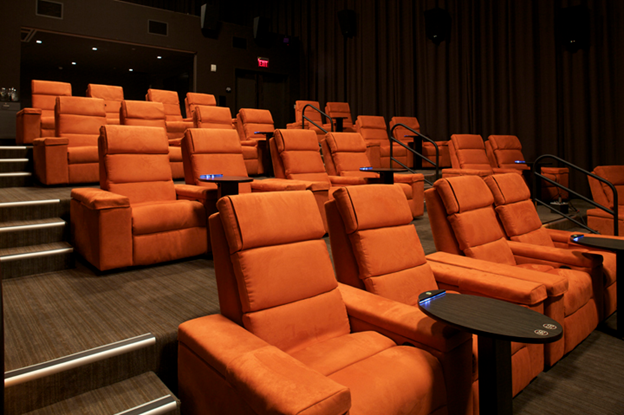The Economics of the Movie Theater
July 3, 2011 in Daily Bulletin

A few years ago Arstechnica looked at the economics behind the movie theater industry. Some of their findings include:
- Popcorn can have up to a 900% mark up.
- Soda can have a 3000% mark up.
- Advertisers pay up to $50,000 per screen per year to theater owners. Sometimes they ask the cinema management to turn up the volume of their ads in the hopes of better capturing the audience’s attention.
- Theaters get to keep about 50% of the total value of ticket sales.
Read more over here.
Source: Arstechnica









Join the Discussion! (No Signup Required)